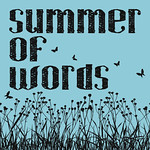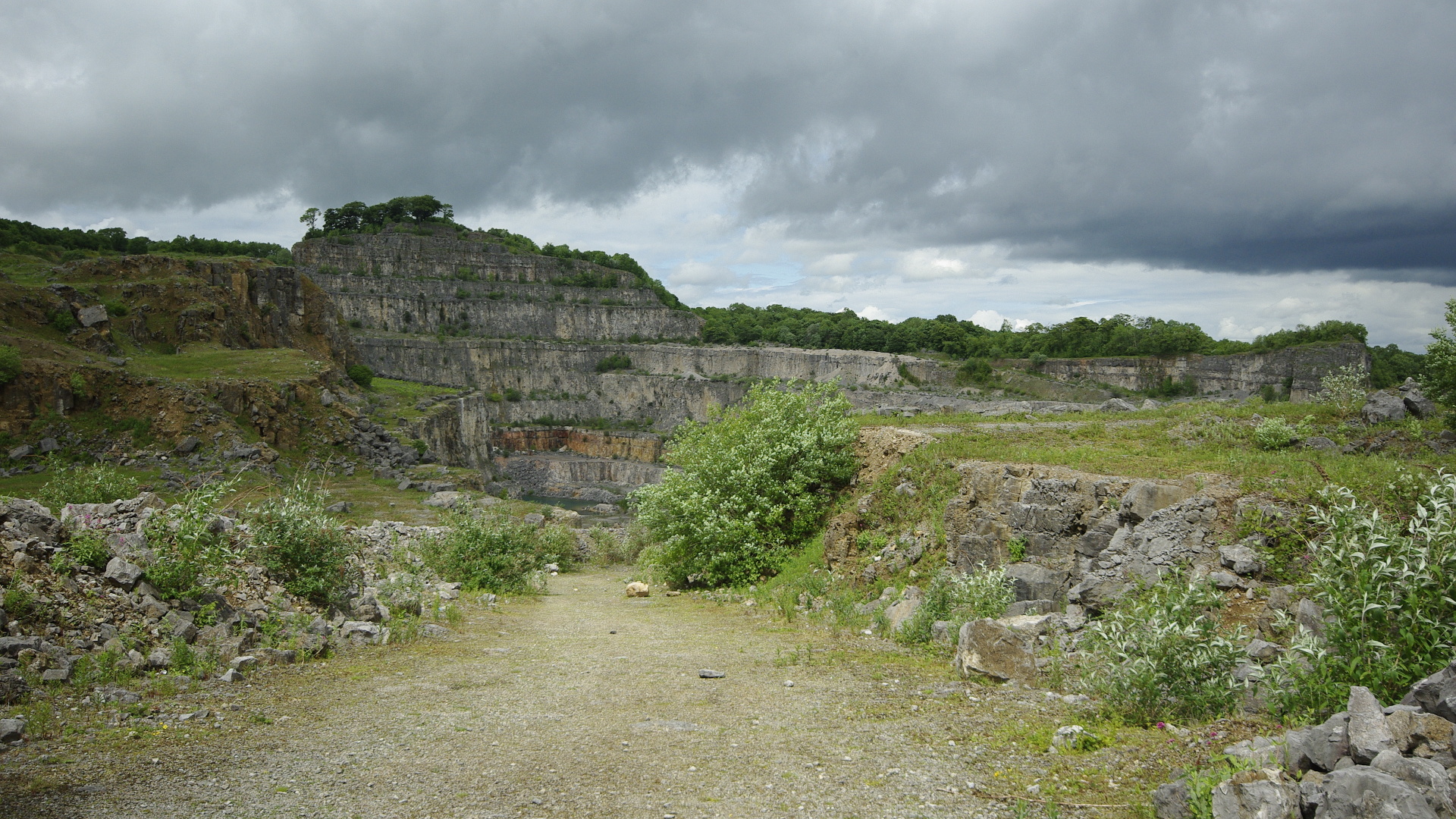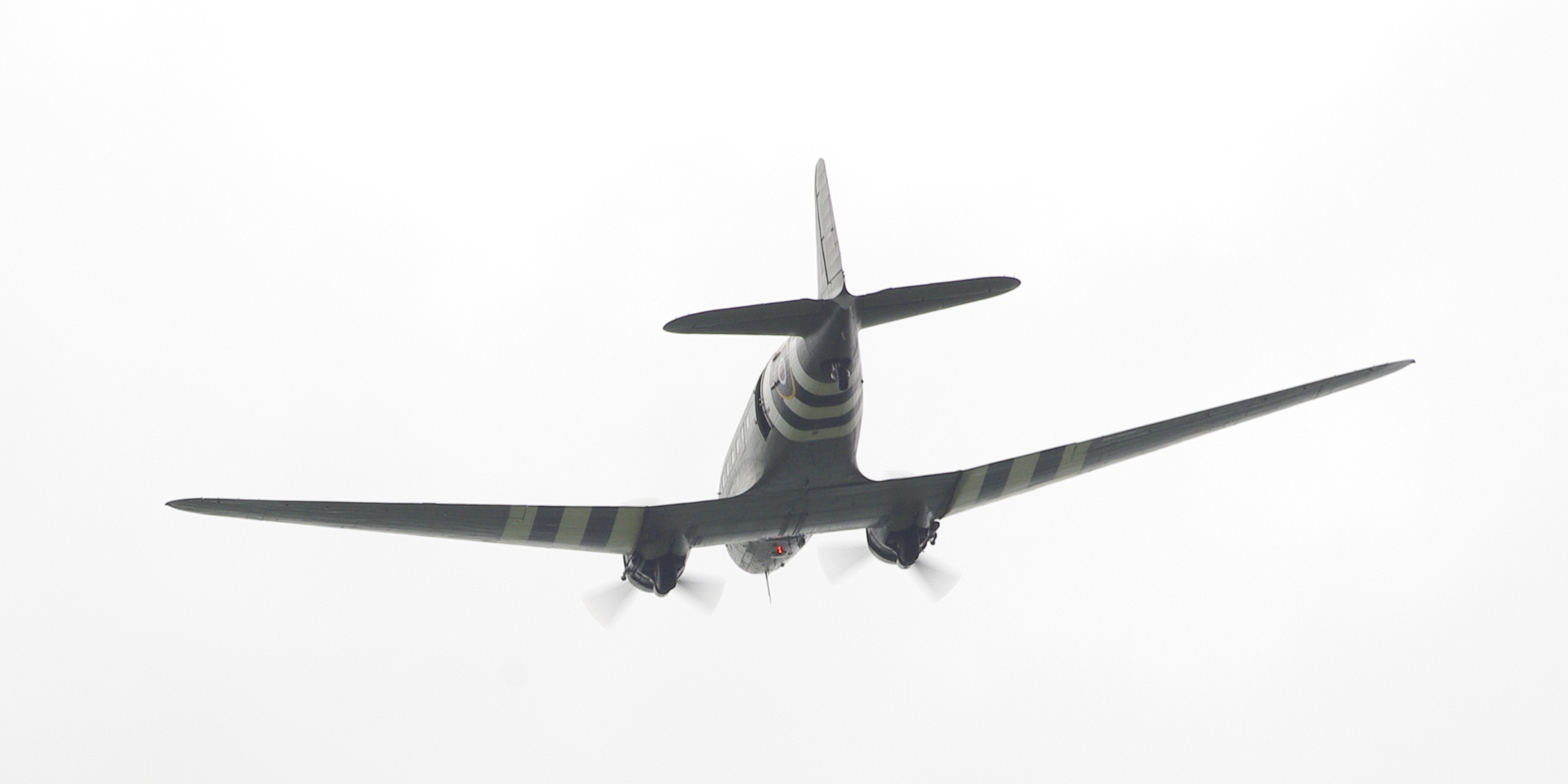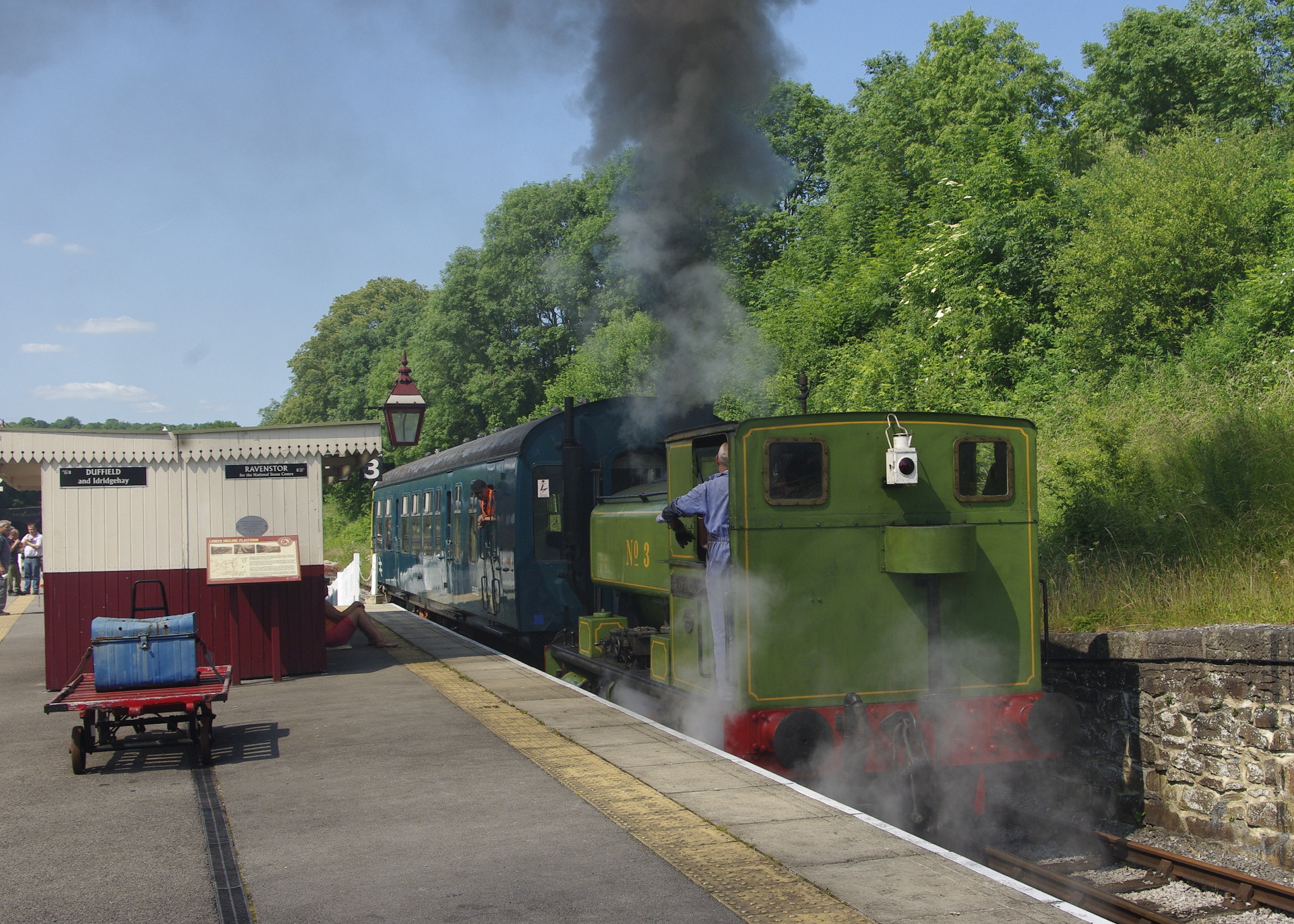I know I’m late to the party, but I’m going to have a shot at Summer of Words hosted by Helen at All At Sea. Here is the beginning of my story:
As soon as the buzzer sounded for the mid-day break, Archie McGeogh headed for the washroom, and then the canteen. It had been a busy morning, as was now usual. The yard was at full stretch. The pressure was on to get as many vessels in the water as quickly as possible. Not that the men minded. Those recently taken on were glad of their jobs, and those who had been there longer were glad of the overtime. Wives who had struggled were eager for a little extra in the housekeeping budget.
As a master joiner, Archie was kept busy checking over the fitting-out of the vessel he was assigned to; he was thorough but fair, and mostly, the men got on well with him, from apprentices to the bosses who trusted him.
Sometimes Archie brought his ‘piece’ from home, as many of the men did all the time, often stopping to eat in small groups, not leaving the vessel. But today, he was working late, so the aroma of bangers and mash was welcome, even though it wasn’t quite home cooking. But on the way in, he glanced for a moment at the works notice board. That thing about fire brigade training was there again. Well, it hadn’t moved since he’d last looked. It had made him think. Its message made sense. In principle, in the event of war (who were they kidding? War was a racing certainty in the minds of most people by now) the regular fire brigade would be unlikely to be able to cope. This was an appeal for older men to train as auxilliary firemen.
Archie thought of women like his daughter-in-law. Bairns like his wee grandson. Then he heard footsteps come to a halt beside him. He looked round and saw that George Baird, the electrical supervisor he knew well, was reading the same notice. The two men nodded to each other.
“Friday, then, Archie…? The fire station instead of the Crown and Anchor?”
He’d said it all…
You can read part two here.
It's kind to share!









